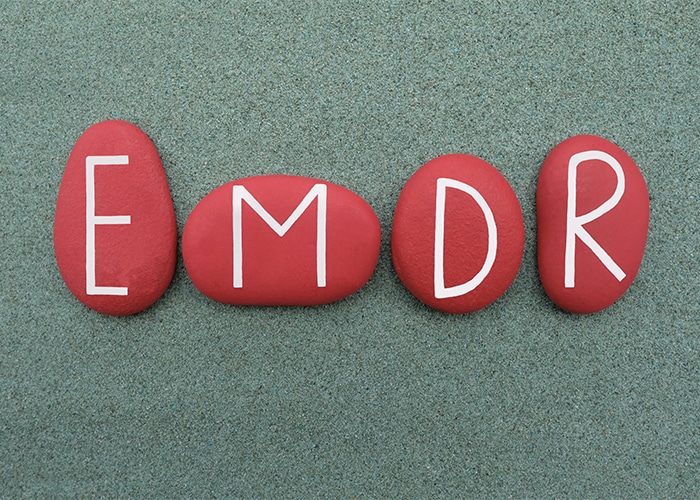Eye Movement Desensitisation and Reprocessing (EMDR) therapy has emerged as a revolutionary approach in the realm of psychotherapy, particularly in the treatment of trauma and anxiety. This blog aims to demystify EMDR, shedding light on its process, effectiveness, and what patients can anticipate during therapy sessions. Through real-life success stories and expert insights, we explore the transformative power of EMDR, making this post a valuable resource for anyone considering this unique therapeutic approach.
The EMDR Process: A Step-by-Step Guide
EMDR therapy is founded on the premise that the mind can heal from psychological trauma much as the body recovers from physical trauma. The process involves eight distinct phases, focusing on past memories, present disturbances, and future actions. Here’s a brief overview:
1. History Taking and Treatment Planning: The therapist assesses the client’s history to understand the nature of the problems and to develop a treatment plan.
2. Preparation: The therapist establishes trust and explains the EMDR process, ensuring the client is comfortable proceeding.
3. Assessment: Specific traumatic memories are identified, along with associated beliefs and emotions.
4. Desensitisation: The therapist leads the client through sets of eye movements (or other bilateral stimulation), targeting the traumatic memory.
5. Installation: Positive beliefs are reinforced.
6. Body Scan: The client is asked to notice any residual physical sensations and these are targeted for further EMDR processing.
7. Closure: The client is returned to equilibrium at the end of each session.
8. Reevaluation: At the start of the next session, the therapist checks the client’s progress.
EMDR’s Effectiveness in Trauma Treatment
EMDR has shown remarkable effectiveness in treating trauma-related conditions, such as Post-Traumatic Stress Disorder (PTSD). It enables individuals to process and integrate traumatic memories in a way that lessens their emotional impact. By reprocessing these memories, clients often experience a significant reduction in the intensity of their emotional pain, leading to improved mental health and wellbeing.
What to Expect During EMDR Sessions
EMDR sessions can be intense, as they involve revisiting and reprocessing traumatic memories. However, the therapist provides guidance and support throughout, ensuring the process is as comfortable as possible. Clients are not required to talk in detail about their trauma, which can be particularly beneficial for those who find verbalising their experiences challenging.
Real-Life Success Stories
Numerous individuals have found relief and healing through EMDR. These success stories often involve profound changes in how individuals view themselves and their traumatic experiences, leading to improved self-esteem, reduced anxiety, and a greater sense of control over their lives.
EMDR and Other Therapeutic Approaches
While EMDR is a stand-alone therapy, it can be effectively combined with other therapeutic modalities like NLP therapy, hypnotherapy, and confidence therapy. These combinations can be particularly effective in addressing a range of issues, from charisma coaching to occupational therapy challenges.
The Role of Mental Health First Aid
Understanding the basics of mental health first aid can be beneficial for those undergoing EMDR. Being aware of stress symptoms and having strategies to manage them can enhance the effectiveness of EMDR and other therapeutic processes.
Incorporating Play Therapy
For children and adolescents, integrating elements of play therapy into EMDR can make the process more accessible and less intimidating, creating a safe space for young clients to explore and heal.
EMDR therapy represents a significant advancement in the field of mental health, offering hope and healing to those affected by trauma and anxiety. Its unique approach, backed by real-life success stories and expert insights, makes it a compelling option for anyone seeking to overcome the challenges posed by traumatic experiences. As with any therapeutic process, it’s essential to work with a qualified therapist to ensure the best possible outcome.









